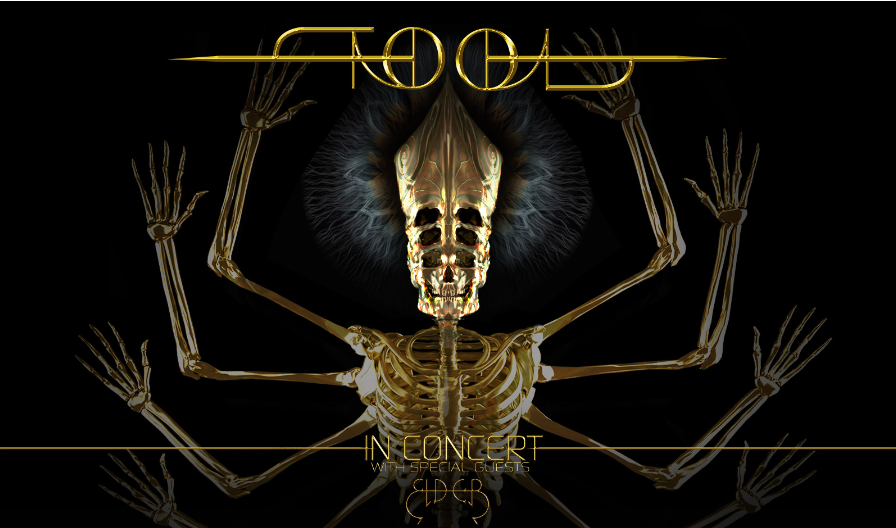Irish singer and activist Sinéad O’Connor has died at the age of 56.
The world mourns the loss of a true musical legend and fearless advocate, Sinéad O’Connor, who passed away at the age of 56. Her life was a testament to strength in adversity, as she not only created captivating music but also championed social and political causes close to her heart.

A Journey from Tragedy to Triumph
Born as Sinead Marie Bernadette O’Connor in County Dublin in December 1966, Sinéad’s early life was marked by challenges. Music came to her rescue during her teenage years at Dublin’s An Grianan Training Centre when a compassionate nun gifted her a guitar and arranged for a music teacher, igniting the spark of her remarkable musical career.
The Trailblazing Musical Career
Sinéad O’Connor’s mesmerizing talents soon captured the world’s attention with her debut album, “The Lion And The Cobra,” released in 1987. The album’s captivating melodies left an indelible mark on both UK and US charts. However, it was her follow-up album, “I Do Not Want What I Haven’t Got,” featuring the poignant single “Nothing Compares 2 U,” written by Prince, that catapulted her to global fame. The song’s raw emotions and haunting vocals touched the hearts of millions, reaching number one on charts worldwide.
Fearless Advocacy and Controversial Moments
Beyond her musical prowess, Sinéad was known for fearlessly championing social and political causes. In 1992, she caused a stir when she tore up a picture of Pope John Paul II during her performance on “Saturday Night Live.” This powerful act of protest against the Catholic Church led to her being banned by broadcaster NBC and sparked protests against her in the US.

Despite facing criticism and adversity, Sinéad remained true to her beliefs and fearlessly incorporated critical issues into her music. Her songs, like “Mandinka,” which subtly addressed female genital mutilation, and “Black Boys On Mopeds,” condemning police brutality against black men, showcased her dedication to social justice and empathy for the suffering of others.
A Journey of Personal Tragedy and Resilience
In 2018, Sinéad converted to Islam and embraced the name Shuhada, while continuing to perform under her birth name. Her life was not without personal tragedies, including the heartbreaking loss of her 17-year-old son, Shane, the previous year. In her grief, she canceled all live performances in 2022, focusing on healing and processing her immense loss. On social media, she penned heartfelt tributes to Shane, pouring out her love for the son she held so dear.

Sinéad was a unique symbol of strength
As we bid farewell to Sinéad O’Connor, we celebrate her extraordinary journey—a life filled with soulful melodies and unwavering courage. Beyond the controversies, she stood as a symbol of strength and resilience, transforming her pain into art that touched the hearts of millions. Sinéad’s legacy will continue to inspire artists and activists alike, reminding us all to use our voices for what we believe in and to embrace compassion and empathy in the face of adversity.










